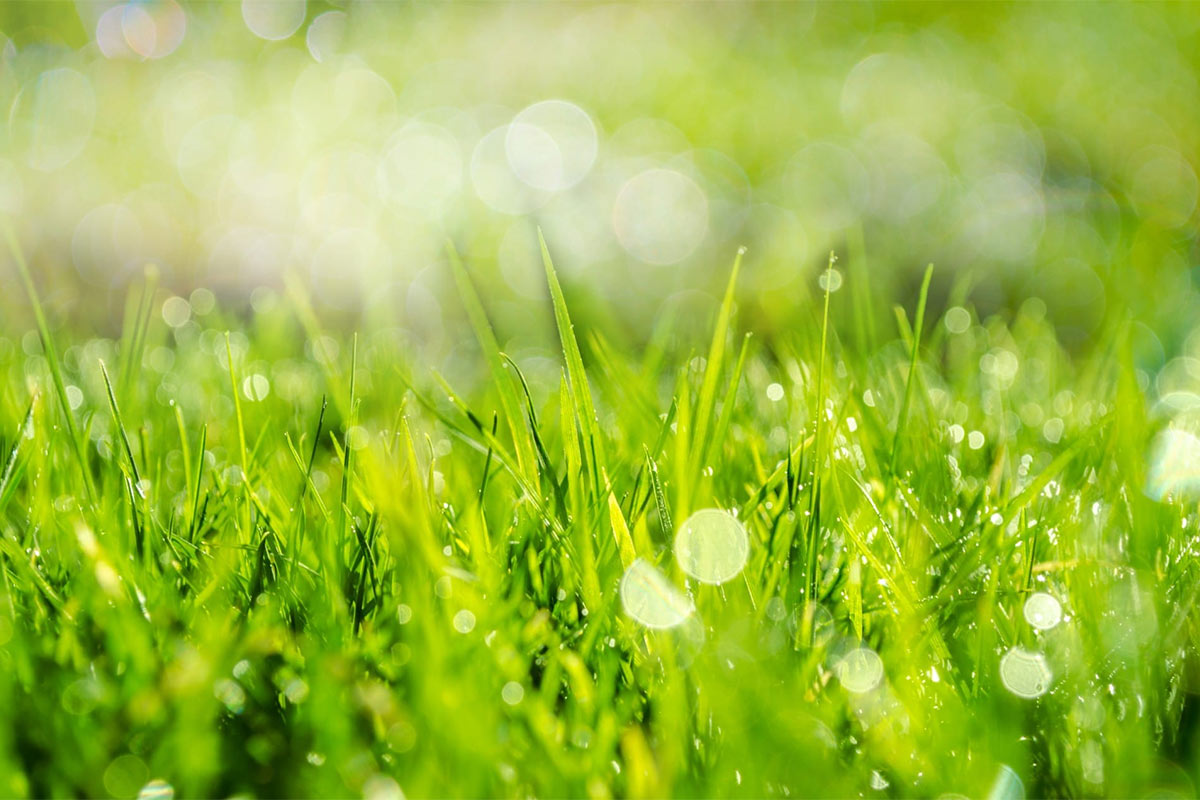
How To Safely Use Pesticides On Your Lawn
A person doesn’t have to be very old to remember reading about the famous pesticide called DDT. It helped civilization build the Panama canal that killed so many people with Malaria that the project was nearly abandoned. Then we started using on crops, trees, around the house, and even on cattle and pets. It was everywhere and it worked great, except for one small problem. It was caused birds to lay eggs with soft shells. The higher the exposure the softer the shells, and soon, most birds would have been wiped out. So, anytime they tell you that, “It’s OK, this pesticide is safe” you have to wonder how soon it will be banned. All things considered, one of the biggest problems with all pesticides is that they are misused and overused and that causes most of the problems. Here are some tips on using both insecticides and herbicides in and around the home.
Rule Number One, Read The Label
All pesticides have labels on them, if they don’t, take them to the local pesticide depository and get rid of them. These chemicals have been tested on the pests, and on surrounding plants and animals to see how dangerous they are. Some of them work on contact while others work more like birth control by stopping reproduction.
There are exceptions to every rule, and pesticides are an excellent example of that. There are some very good tick killers that can be sprayed on plants with no harm, and most cattle and pets can even be washed with a diluted solution. However, it’s very dangerous for cats and horses. So, you have to remember to always read the label. Just because that tick killer can be used safely on a bee hive to kill bee mites doesn’t mean that it won’t kill your pet horse, it’s happened before.
The labels on a pesticide tell you exactly how much concentrate to mix with a certain amount of water. Then, they’ll tell you where to apply it and how much to apply to safely do so without dire consequences.
In addition to that, there are days when you can’t spray anything because of the wind, rain, snow, or even too much sun, depending on the chemical. Some of them, if washed into a stream, are incredibly deadly to aquatic life. Just a few drops can wipe out huge populations of fish So be aware of the instructions, read them completely, and follow them to the letter.
Prevention Is By Far The Best Method
Whether you have too many mosquitoes, flies, ants, weeds, or rats, you can prevent them safer than you can kill them. With flies, they’re breeding on rotten food in somebody’s garbage. Find the source, clean it up and they’re gone.
Mosquitoes have larvae that need a body of water to live in and grow before they turn into the flying version. If you get rid of the standing water, in tires, bird baths, ponds and puddles, no mosquitoes will make it to adulthood. Ants have various food sources from garbage to fallen fruits, clean up the mess and the ants will die off as will all of the rats in the neighborhood.
Baits Are Safer Than Broadcast Spraying
When you spray an entire area for ants, for instance, you’re also killing lots of beneficial insects at the same time. On the other hand, you can buy what is called a bait pesticide that targets just the ants because it’s like food to them. They’ll crawl inside of the bait box, that’s too small for a dog to get into, and then they’ll carry the bait back to their nest and pass it around killing thousands of ants.
The same goes for rats, it’s better to use bait. You can place the rat poison inside of a PVC pipe that is just large enough for the rat to crawl into. You should nail the pipe down too to stop other animals from getting the bait out. That way you’re only killing the rat, and not raccoons, squirrels, dogs, and other non targeted animals, especially children.
If You Have To Spray, Be Targeted With That Too
If you have carpenter ants, you can drill tiny holes in your walls and spay inside there. Even though you may smell the pesticide, you won’t be able to get it on your hands and your kids can’t eat it. With termites you treat the soil around the house to prevent them from coming up out of the ground.
This is done be first digging a ditch all the way around the home, fairly deep. Then, you fill the trench will a pesticide made just for termites that will last for months in the soil. After that, you cover up the trench with clean dirt and there is no way that any other animals can come in contact with it.
Weed Spray Can Have Long Lasting Effects
One of the worst things that people do to combat the weeds in their yards is to apply Weed and Feed fertilizer that has the herbicide already mixed in. That way you’re applying herbicide all over your entire lawn when you really only have a few dozen weeds.
The best way to apply the herbicide is to get a small spray bottle and only spray the weeds you want to kill. Your lawn will then only receive about 1% to 3% of the amount of chemicals that it would have had you broadcast sprayed or covered it with fertilizer mixed with weed killer.
Some of the weed killers have been possibly linked to hormone problems in young girls and they persist in your lawn for nearly a year. That’s something to be aware of if your children like to play in the lawn or walk with bare feet. Whenever possible, spot treat your pests whether they’re weeds or animals.
Now that you know how to deal with some of your pests, you also know what questions you should ask if you’re going to hire a pest control company.

